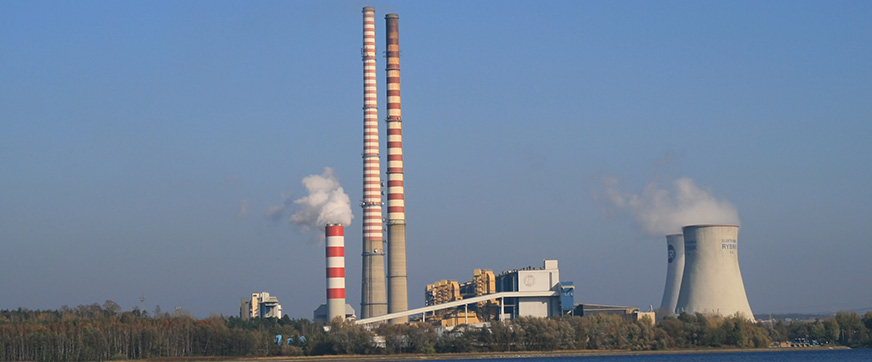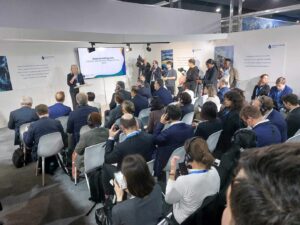Slow and steady won’t win the race to an agreement in Paris
The discussions at the COP 20 about a possible “dynamic agreement”, that is, a mechanism that would require the continuous revision and increase of contributions to climate mitigation and adaptation over the 2020 – 2030 period, have not been as vigorous in Bonn as in Lima.
The negotiations of the Ad Hoc Working Group on the Durban Platform for Enhanced Action (ADP) in the Bonn Climate Change Conference stock-taking ended on Thursday, concluding that although some progress has been made, there are still too many core issues left to be resolved for this progress to be deemed satisfactory (e.g. finance and which mechanisms to be incorporated, to name a few). While negotiations have had a steady pace and a constructive tone, the focus has unfortunately been more on language, leaving many key issues untouched.
As one delegate put it, “we have thus far only reached for the low hanging fruits”.
If we are to move towards a universal, legally-binding agreement at the COP 21 in Paris, trust and confidence is needed between parties. A long-term goal of reducing greenhouse gas emissions in order to limit global warming to less than 1.5C is critical, although not even this is agreed, given the 2C target limit is still on the table. This week, the negotiating text from Geneva is being streamlined, which has led to disagreements between parties, and uncertainties on the proceedings of the “real negotiations”. As one might expect, going through each paragraph can be rather tedious, especially when there are competing views on whether removing a word or a sentence will change the inherent meaning of the text, or weaken its sentiment. The co-chairs have suggested that work continue in facilitated groups, as well as for workstream 2.
The Lima Call for Action, an outcome from COP 20, encouraged the parties of the UNFCCC to submit their domestic plans and priorities from 2020 onwards (Indented Nationally Determined Contributions (INDC’s)). These INDC’s are believed to constitute an important part of the Paris outcome however few have yet been submitted. Mitigation activities have been the main focus and thus far, seem to vary significantly, in terms of baselines for example.
An agreement in Paris is required if we are to combat climate change, and transition towards resilient, low-carbon and sustainable societies.
France, who is hosting COP 21, seems determined to have a successful outcome. This is promising. Its “Solutions Agenda” has the optimistic approach needed to spur on the necessary action prior to- and during the conference in Paris. Following the current negotiations in Bonn however, the slow pace is unfortunately cause for concern. Hopefully France’s determination and the positive feeling among the parties this week will help carry us through.







